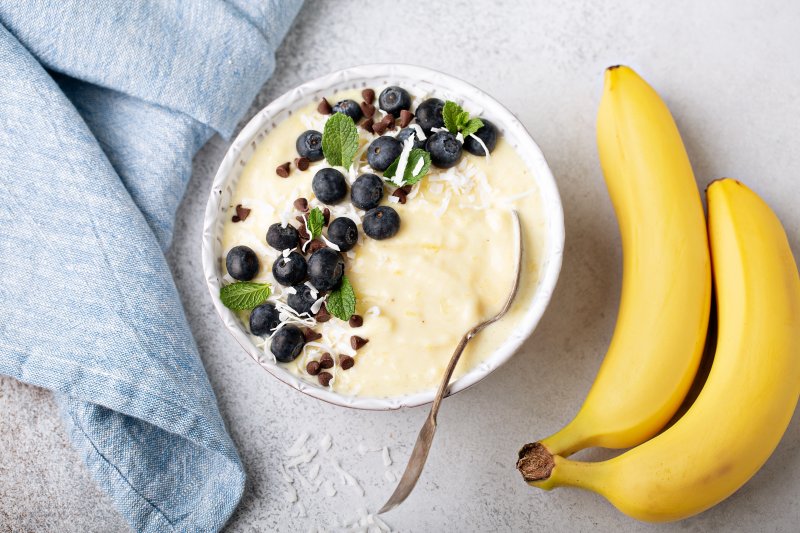
Dental implants can completely change your life for the better, but you will have to make some short-term adjustments while you’re recovering from the initial surgery. Until your mouth has sufficiently healed, there will be certain foods that you’ll need to stay away from to avoid complications; as such, you should plan your diet for the next 10 to 14 days very carefully. Your dentist can give you some advice on what you should and shouldn’t eat after dental implant surgery in Kent.
Foods to Avoid After Implant Surgery
It takes several months for implants to fuse with the jaw, but the first two weeks after surgery are particularly critical for healing. During this time, you should stay away from anything hard, crunchy, or otherwise difficult to chew that could damage the implant post and disrupt the recovery process. Common examples include apples, potato chips, particularly crusty bread, uncooked and un-shredded carrots, and tough meats. Also, you should only drink liquids from a cup; do not use a straw, as this can dislodge a blood clot from the surgical area and lead to a painful condition called a dry socket. Do not put anything particularly hot or cold in your mouth that might cause discomfort.
Foods You Can Eat After Implant Surgery
Soft, easy-to-digest foods are generally a good choice after implant surgery. The following are some good examples of things you can safely enjoy during your initial recovery:
- Soft fruits such as bananas, mangoes, and peaches
- Scrambled eggs
- Macaroni and cheese
- Soft breads
- Yogurt
- Broth-based soups (as long as they’re not hot)
- Mashed potatoes
- Instant oatmeal
- Applesauce
What About the Long Term?
Once your mouth has healed and your dental implants have been restored, you can enjoy a normal range of foods again. Dental implants provide chewing force that is comparable to natural teeth, so there aren’t very many diet restrictions to worry about. That being said, there are certain foods that you should stay away from as much as possible, such as:
- Dark-colored beverages such as tea and coffee that might stain your dental implant restorations
- Alcoholic beverages that, when consumed in excess, can have a negative impact on the blood supply in your mouth and may ultimately contribute to implant failure
- Sugary foods that can increase the risk of gum disease, which can compromise your implants when left untreated
If you’re not sure what kind of foods you should stock up on for the days after implant surgery, talk to your cosmetic dentist in Kent; they’re sure to have a few suggestions for planning nutritious meals that will keep your new implant posts safe and ensure that the healing process stays on track.
About the Practice
Here at the Kent Dental Clinic, there are four doctors that pride themselves in making world-class dental care highly accessible to Kent families thanks to convenient hours and a comprehensive menu of dental services. We are happy to offer dental implants for restoring smiles, and we currently offer free CT scans with all dental implant procedures. To schedule an implant consultation, visit our website or call (253) 854-2714.

